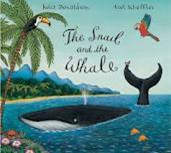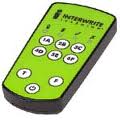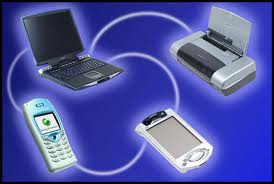
Make reading visible around the school by displaying attractive posters – ‘Good reads for historians…’, ‘Want to know more about the causes of earthquakes? Try these books…’
Have sections of a text placed in different corridors and areas so that pupils need to read one and find the next extract.
Recruit influential pupils to be book, author or genre ‘ambassadors’ – with an element of competition to see who can secure the widest readership.
Add small ‘recommendation’ cards to book displays with lively pupil or teacher comments, or try “If you like this then you’ll love…”
Show pupils how current literature has its roots in the past, e.g. Twilight and Dracula. •Take advantage of technology in the school – share book recommendations, extracts or reviews on the school’s intranet, screensavers and TV display screen s.
s.
Read yourself – being a role model
Engaging with pupils as readers and getting to know their preferences
Referring to whole books/literary fiction rather than just chunks in textbooks, e.g. historical novels in history
Ensuring that all teachers promote reading in their subject areas, e.g. science fiction in science
Creating a reading-friendly environment.
Raising the profile of the library (MRC).
Giving book tokens/books as rewards or prizes
Reference
Department for Education. (2011). Encouraging reading for pleasure. Available: http://www.education.gov.uk/schools/teachingandlearning/pedagogy/teachingstyles/b00192950/encouraging-reading-for-pleasure. Last accessed 22nd September 2011.
 Julia Donaldson has recently been awarded the role of Children’s Laureate.
Julia Donaldson has recently been awarded the role of Children’s Laureate.
 nd been translated into thirty languages),
nd been translated into thirty languages),











